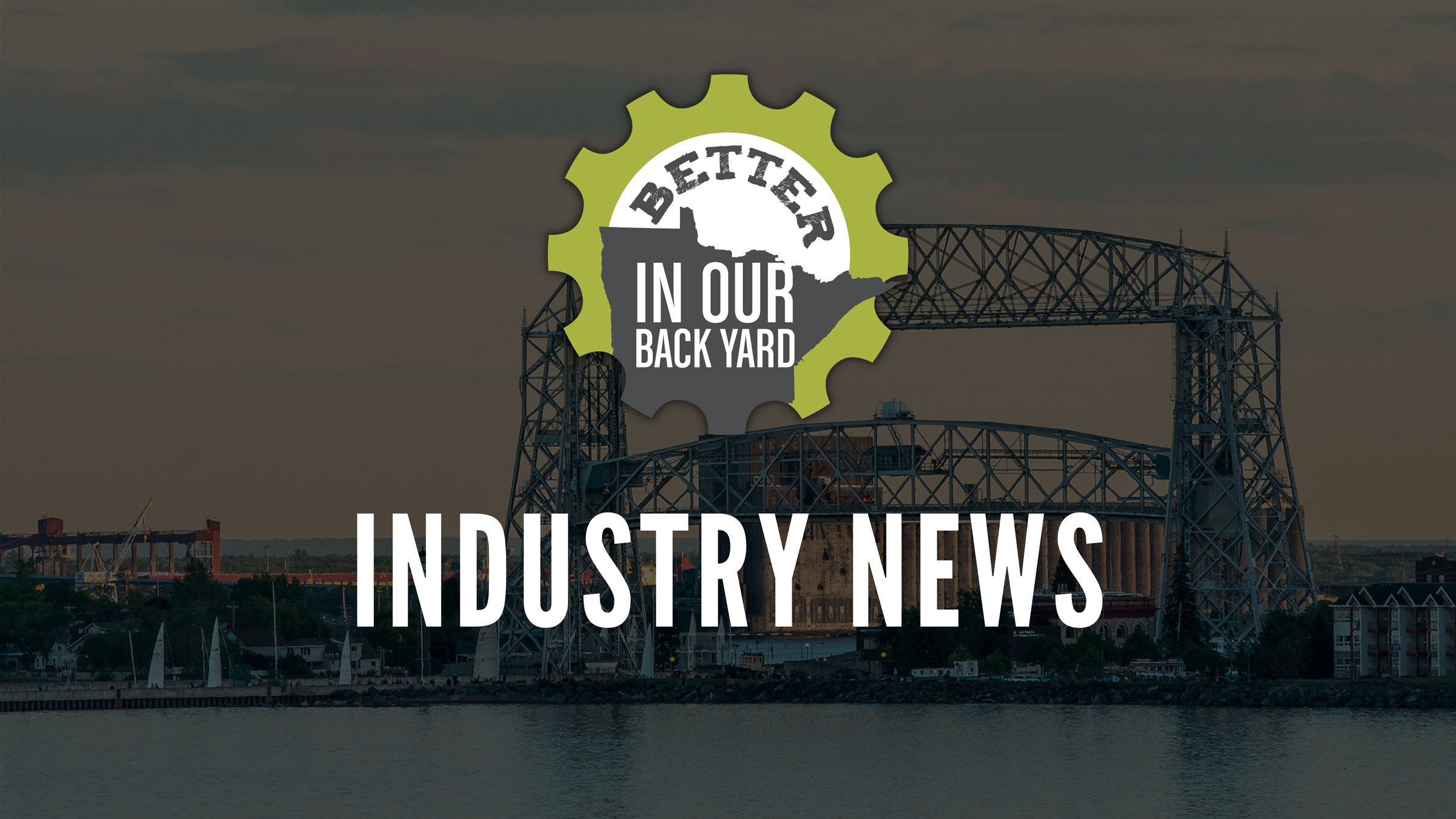In the past several years, the locavore movement has gained momentum throughout the U.S. The locavore movement emphasizes the importance of eating food that was raised and processed within your local area, recognizing the contribution of your neighborhood farmers and the minimized impact on the environment. By consuming local food, you have the opportunity to visit the farm, see how animals are raised and have insight into the management of the environmental impacts. With local food, you can support your neighbors, build relationships and support ethical operations that align with your values.
If local is the direction we’re going for our food sources, why should the metals and minerals we consume in our daily lives be any different?
We aren’t isolated from the decisions we make in our consumption habits. When we choose to receive our material goods from other areas of the world, the environmental impacts still affect us here at home. According to the Minnesota Pollution Control Agency’s (MPCA) mercury TMDL (total maximum daily load) study of 2007, 90% of the mercury entering Minnesota’s water is from out-of-state sources, including China and India. Mercury in its elemental form can travel through the atmosphere for years, making its way to Minnesota where the biological conditions in our abundant wetlands convert that mercury into a form that travels up through the food chain to us.
Americans are the largest consumers of metals and minerals in the entire world and we are responsible for 18% of the energy consumption worldwide, with only 5% of the world’s population. As these impactful consumers, we bear an ethical responsibility in the lifecycle of these material goods, from the initial extraction to the ultimate disposal. We need to ask ourselves WHERE are these goods coming from, HOW were they extracted from the Earth, WHO did the extraction, and HOW were these workers treated?
While we should all strive to minimize our consumption of goods, particularly given that metals and minerals are finite resources, there will always be a demand to meet and we have to ask ourselves how we intend to meet that demand now and in the future. How do we intend to develop the resources necessary to support the next generation of energy and technology? If the next generation of windmills requires 3000 kg of copper per megawatt of energy and the average electric car requires 20 kg of cobalt, we must reach further back in the lifecycle to ensure that these green technologies are being built with minerals and metals that were mined responsibly, both socially and environmentally.
Minnesotans are poised to be the world leaders for ethically, sustainably-mined metals and minerals to support the green revolution. We are the Land of 10,000 Lakes. We are the Land of 130+ years of iron ore mining with remaining pit lakes that are so clean that they are now used by several communities for drinking water sources. We are the Land of the original Labor movement.
Local isn’t just good for our food sources, it’s good for all of our consumption habits.
Do it right. Do it ethically. Do it in Minnesota.
Sources:
USGS – https://pubs.usgs.gov/sir/2011/5036/sir2011-5036.pdf
https://www.pca.state.mn.us/sites/default/files/p-p2s4-06.pdf
https://www.epa.gov/international-cooperation/mercury-emissions-global-context
https://electrek.co/2017/02/21/how-to-invest-resource-tesla-gigafactory-battery-electric-vehicles/
https://www.eia.gov/tools/faqs/faq.php?id=87&t=1
https://www.scientificamerican.com/article/american-consumption-habits/
